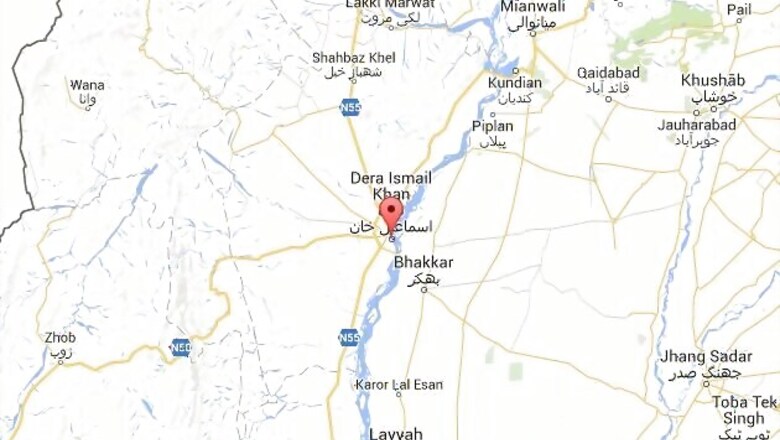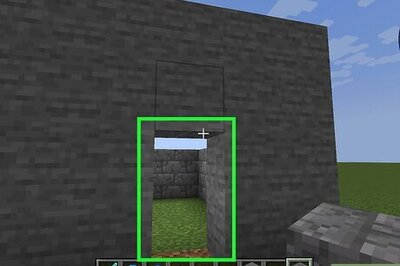
views
Dera Ismail Khan: A senior member of al Qaeda and three other suspected militants were killed in Pakistan on Sunday when a US drone attacked a house they were in, Pakistani military officials and Taliban said.
The attack came a day after Pakistani forces killed a major al Qaeda leader, Adnan el-Shukrijumah. The US Federal Bureau of Investigation had offered $5 million for his capture in connection with a plot to bomb the New York subway system.
Four Pakistani military officials said a senior member of al Qaeda was among the dead in the strike by a missile-firing drone on Sunday. They identified him as Omar Farooq and said he operated in Afghanistan and Pakistan.
Three Taliban fighters said Farooq, 38 years old, was from Karachi, where he had been a religious teacher before joining al Qaeda after the 2001 attack on New York.
He was close to Osama bin Laden and Ayman al-Zawahiri, the former and current heads of al Qaeda, and was a key figure in running the group's operations and finances in Pakistan and in Afghanistan, where he also helped direct attacks against NATO troops, the Taliban said.
Al Qaeda is closely allied with the Taliban and often work together. One Pakistani official said Farooq, also called Ustad Farooq, was in charge of al Qaeda's regional media department.
"He is the first Pakistani to be appointed to a senior-level position in al Qaeda," a military official told Reuters.
"He has been key in pushing al Qaeda to focus on South Asia and helped evolve al Qaeda's South Asia policy and specifically its anti-India activities. It was on his advice that al Qaeda officially declared the Pakistan army an apostate army."
The drone strike took place in Khar Tangi village in Datta Khel, North Waziristan, a mountainous region bordering Afghanistan. Khar Tangi is about 45 km (28 miles) west of Miranshah, North Waziristan's main town.
One military official said six men were killed in the attack. Drone strikes often have conflicting death tolls because independent witnesses can rarely access the areas where they take place.
The Pakistani government often publicly protests drone strikes, calling them an infringement of national sovereignty.
But many Pakistanis suspect their government secretly colludes to help identify targets, a policy that would be unpopular if it was made public.
Drone strikes in Pakistan stopped for the first six months of the year while the government held peace talks with the Pakistani Taliban. But the talks failed and the strikes resumed days before the military announced a major anti-Taliban offensive in North Waziristan on June 15.

















Comments
0 comment